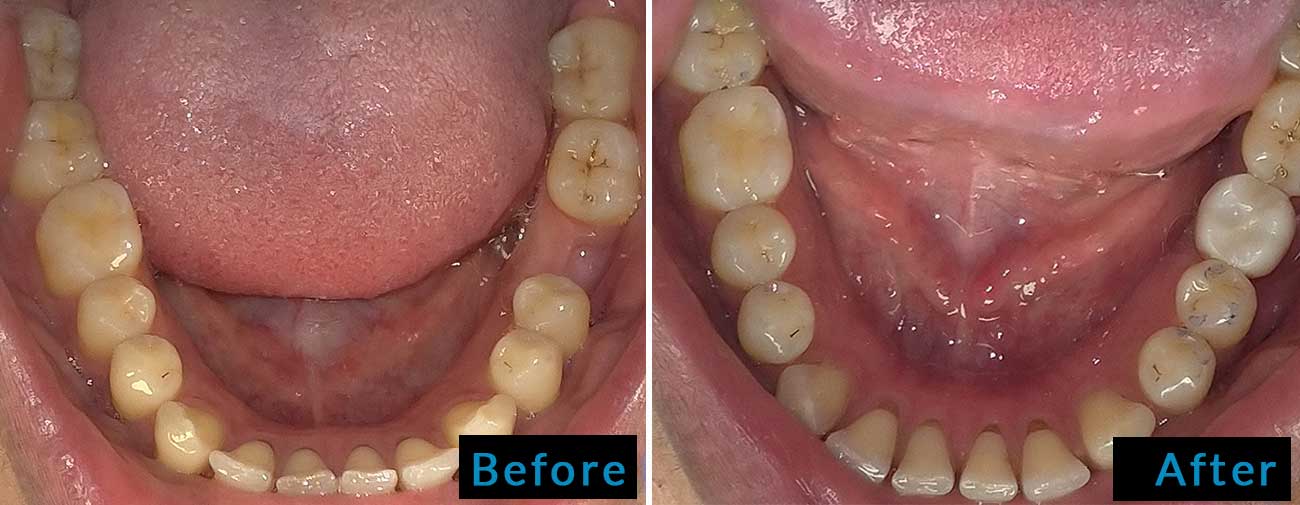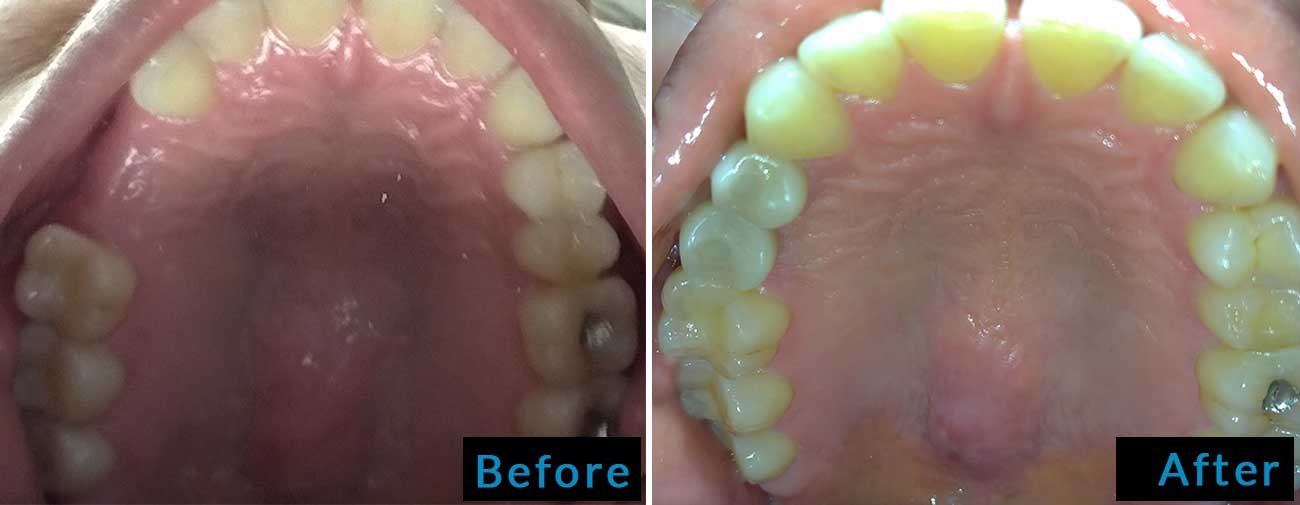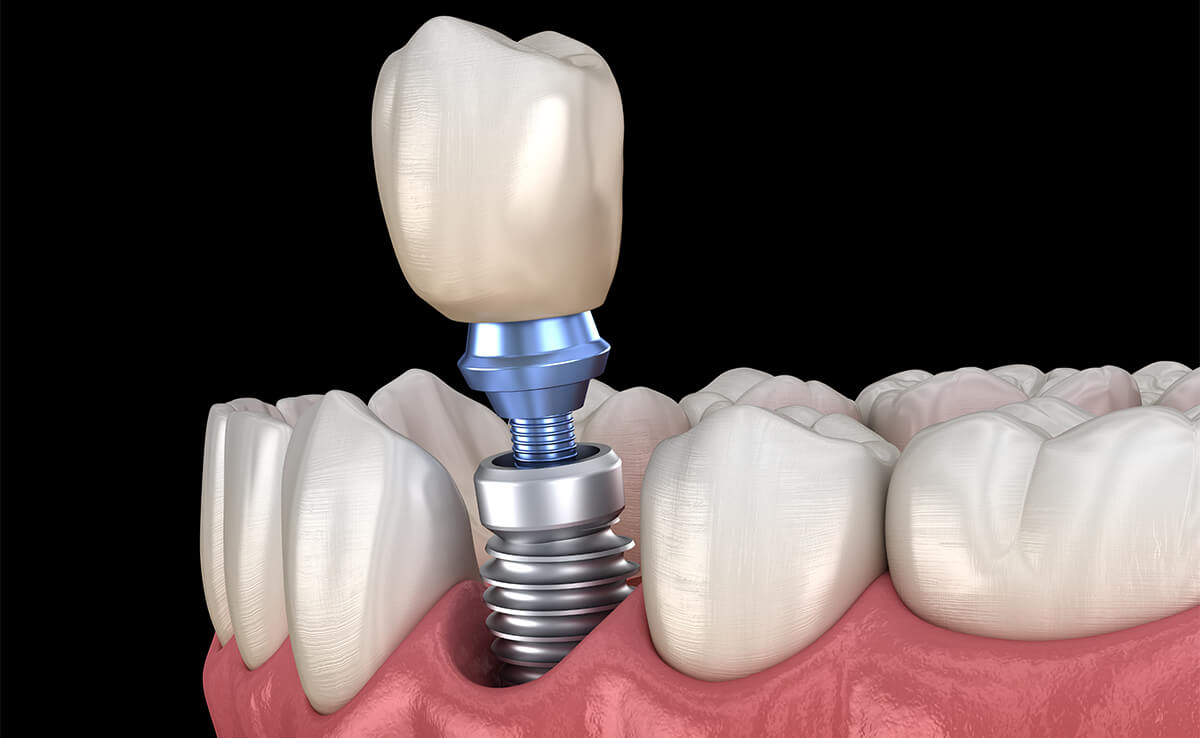Rebuild Your Smile with Long-lasting Dental Implants
Implant dentistry at The Hope Dental Care Centre replaces your teeth when you lose them to decay, injury, or a gum disease. Dr. Far and Gang Wang and the team design dental implants to “mimic” your natural teeth. In light of this, you rarely notice it’s a replacement once it’s settled in your jawbone. A dental implant feels, looks, and functions very much like the teeth you just lost.
Replacing your missing teeth with dental implants

Sometimes, you can easily shrug off or delay fixing your mouth gap after losing one or two teeth. However, this notion might change if you put things in perspective. Think of an 18-wheeler truck. Would a driver “shrug it off” if one of the wheels came off? No, because losing one wheel can adversely affect the entire performance of the vehicle. Similarly, losing just one tooth can affect the other teeth and your entire dental health.
Whether you are missing one or more teeth, replace them immediately before dental health issues crop up. Replacing your lost teeth with dental implants involves the steps below.
- Initial consultation: The first appointment involves scrutinizing your medical history and overall health to rule out gum disease and cavities. Our dental team also uses x-rays to determine whether your jawbone is healthy enough to support an implant.
- Dental implant surgery: After anesthetizing your mouth, we install a screw-like titanium post at a precise location in your jawbone. The implant post is a substitute for the natural tooth root you lost to injury or gum disease.
- Healing: Your implant needs about 3-6 months to recover. During healing, the implant fuses with the jawbone (through osseointegration) to form a solid anchorage for a crown or other dental restoration.
- Abutment placement: After healing, we place a connector to your implant post. An abutment connects the implant post to the replacement tooth.
- Placement of a crown: Finally, the most enjoyable step of the implant treatment. After taking your bite impressions, we custom-make a crown or bridge to cover your implant-based restoration.
Dental implants are potentially far superior to other tooth replacements. Implant restorations look and feel close to your natural teeth. Dental implants prevent bone loss and can last for life with proper care.
Replace your missing teeth with dental implants
Are you battling tooth loss? Don’t settle for suboptimal dental restorations. Dental implants in Kanata, ON, are the closest you will get to your natural teeth. If you want to benefit from dental implants, please dial (343) 803-6333 to book an appointment with The Hope Dental Care Centre.

Dental implants are titanium roots, that are replaced with in the jawbone to resemble a tooth or group of teeth. A screw is inserted through the gums and into the jawbone. A porcelain crown is then attached to the screw to become the new tooth or teeth. They can be used to support dental prosthesis including crowns, dentures, and bridges. Today’s treatments are so natural looking, no one will know you had surgery. There’s approximately a 95% success rate for all implants. With modern advances in dentistry, some implants can be restored immediately with life like all porcelain crowns. For more details ask your dentist.






